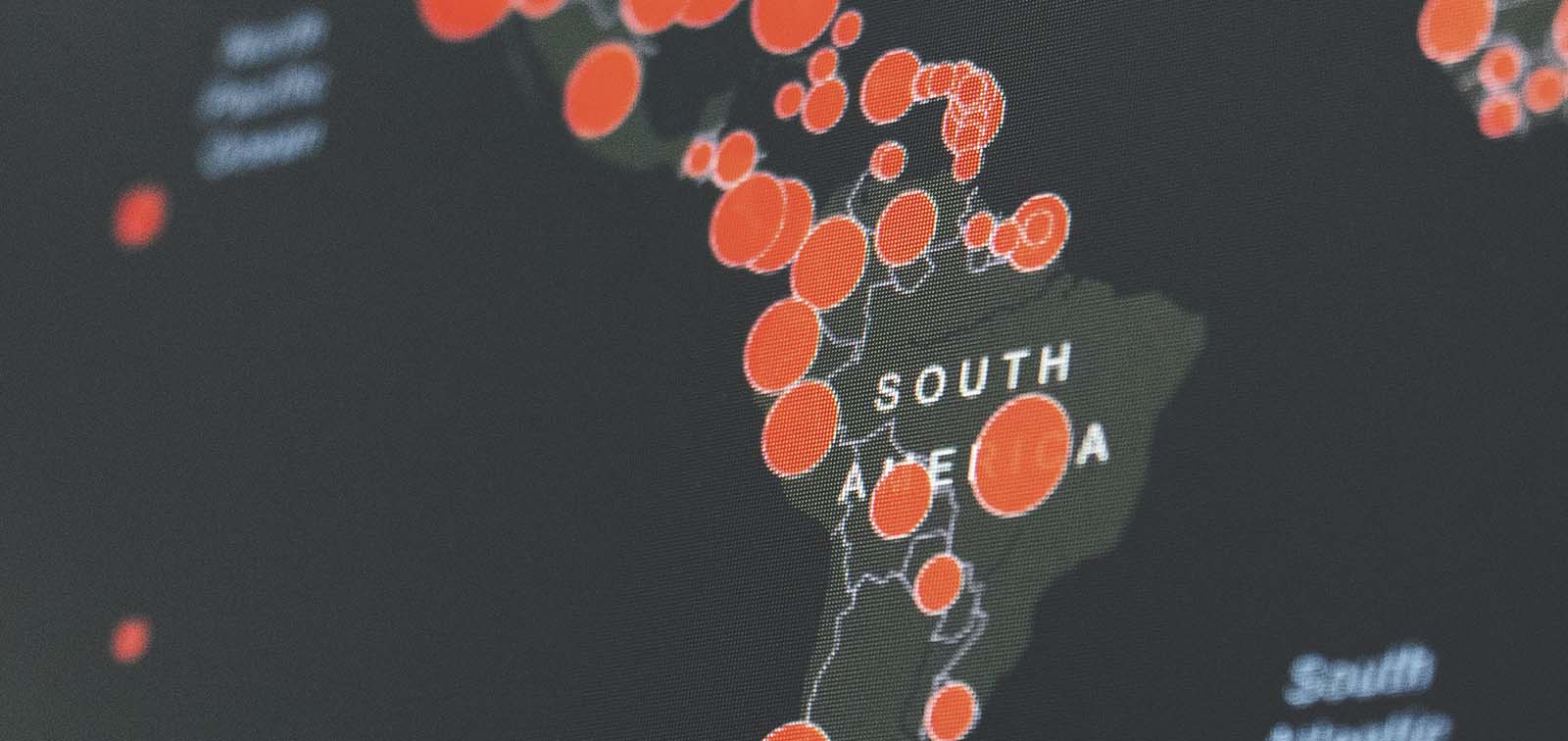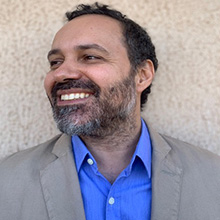Bolsa Família Conditional Cash Transfer Programme Contributed to a Significant Reduction in AIDS Rates in Brazil
The effect can be explained by the increase in household income and the eligibility requirements for beneficiaries, which included the use of health services
26.10.2022
Brazil’s Bolsa Família programme, launched in 2004 and replaced by the very similar Auxílio Brasil in 2021, has transferred cash to millions of Brazilian families living in poverty on the condition that they meet certain requirements related to education and health care. A new study examining the long-term impact of Bolsa Família on AIDS indicators has found that, between 2004 and 2018, implementation of the programme was associated with a reduction of up to 15% in AIDS mortality, 14% in AIDS hospitalisations and 5% in new cases. The study, published in Lancet HIV and coordinated by Davide Rasella, a researcher at the Barcelona Institute for Global Health (ISGlobal), found that the effect of Bolsa Família on AIDS indicators was more pronounced in municipalities with higher levels of AIDS incidence, as well as in females older than 14 years and in children aged 14 years or younger.
Under the Bolsa Família programme, families earning between US$18 and US$36 per person per month received cash transfers. The benefits ranged from US$17 to US$41, with payments credited directly to a beneficiary debit card. To continue to receive the benefits, beneficiaries had to meet certain health requirements (e.g., pregnant women had to attend antenatal consultations, where they were tested for HIV).
Although the incidence of AIDS in Brazil has decreased over the last 20 years, mainly due to the policy of early universal access to antiretroviral therapy, notifications of AIDS cases remain high for a middle-income country. Currently, the AIDS incidence rate stands at 17.8 cases per 100,000 inhabitants nationwide and is even higher among the more urban areas of the country.
The new study used data from 5,507 Brazilian municipalities over the period of 2004-2018. In municipalities where the coverage of the cash transfer programme was highest, incidence rates fell by 5.1% for AIDS cases, 14.3% for HIV/AIDS-related hospitalisations and 12% for AIDS-related deaths.
How to Interpret the Findings
The observed effect can be explained in part by the improvement of families’ socioeconomic conditions, especially in contexts of extreme poverty. An increase in income decreases the likelihood that women will practise commercial sex work or engage in unprotected sex, while also improving adherence to antiretroviral therapy. Conditional cash transfer programmes also improve the living conditions of people with HIV (by improving their housing and nutritional status). They also help to cover the cost of transport, thereby enabling beneficiaries to access specialised HIV/AIDS services.
The fact that the financial incentive is linked to the fulfilment of certain requirements also helps to change the behaviour of the most vulnerable people by encouraging them to access and use primary care services.
Contribution of the Study
Previous studies have found that people who receive conditional cash transfers are tested more often for HIV and other sexually transmitted infections, have a lower number of sexual partners and are less affected by domestic violence. However, the long-term effect (i.e., over more than a decade) of conditional cash transfers on nationwide AIDS morbidity and mortality rates had yet to be assessed.
“Our study provides evidence that cash transfer programmes can significantly reduce HIV/AIDS morbidity and mortality in low- and middle-income countries like Brazil,” explained Davide Rasella.
The findings therefore suggest, according to Rasella, that “social protection should be considered an essential part of any strategy to address HIV and AIDS”.
Reference
Gabriel Alves de Sampaio Morais, Laio Magno, Andrea F Silva, Nathalia S Guimarães, José Alejandro Ordoñez, Luís Eugênio Souza, James Macinko, Inês Dourado, Davide Rasella. Effect of a conditional cash transfer programme on AIDS incidence, hospitalisations, and mortality in Brazil: a longitudinal ecological study. Lancet HIV Volume 9, Issue 10, E690-E699. October, 2022 DOI: https://doi.org/10.1016/S2352-3018(22)00221-1








